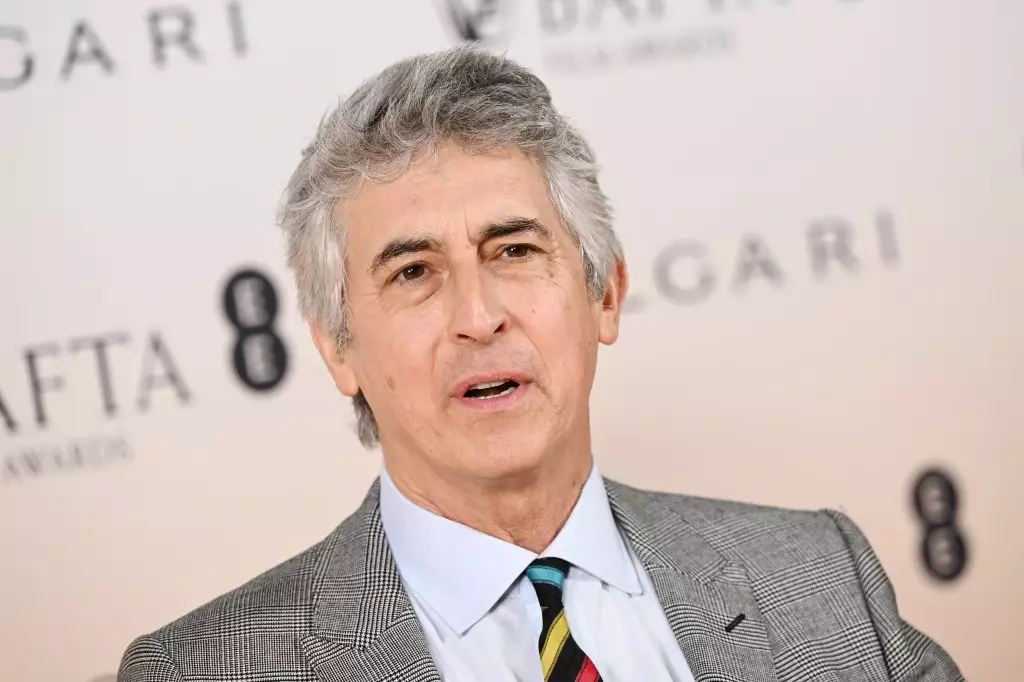Alexander Payne’s appointment as Jury President for the 82nd Venice Film Festival (August 27 to September 6) marks a pivotal moment for this historic festival. With a legacy steeped in nearly a century of cinematic excellence, Venice has long been a stage for the world’s most compelling films. In selecting Payne, the Board of Directors of La Biennale di Venezia is not only echoing the festival’s commitment to quality but also celebrating the artistry that embodies modern cinema.
As Payne himself acknowledged, the festival represents a unique space where filmmakers are invited to honor and elevate the art of storytelling through film. His candid admittance of the inherent tension in comparing films—a practice he finds complex and challenging—reveals the introspective nature of a true cinephile. In an industry often swayed by commercial pressures and transient trends, Payne stands out as a director whose work is consistently grounded in authenticity and emotional depth.
A Trailblazer in Modern Cinema
With an impressive tally of 24 Oscar nominations, including wins for Best Adapted Screenplay for “Sideways” and “The Descendants,” Payne has carved his niche in the realm of filmmaking. His films often navigate the delicate terrain of human experiences, masterfully blending humor and poignancy. His latest project, “The Holdovers,” which earned accolades for Best Supporting Actress, further cements his reputation as a storyteller capable of unearthing the complexities of everyday life.
The recognition of Payne’s body of work serves as a reminder of how essential it is to champion filmmakers who possess not only technical prowess but also a profound understanding of the medium’s history. His commitment to film preservation, illustrated by his involvement with The Film Foundation and the Telluride Film Festival, underscores a dedication to the cinematic narratives that have shaped our collective cultural consciousness.
A Visionary’s Influence on the Venice Jury
Alberto Barbera’s reflections on Payne emphasize the director’s blend of historical appreciation and adventurous spirit in contemporary cinema. Barbera’s assertion that Payne belongs to a “small circle of filmmakers-cinephiles” who transcend barriers is pivotal. It acknowledges the need for diverse perspectives in artistic evaluation—especially in an era where global stories are more interconnected than ever.
Under Payne’s stewardship, the Venice Jury will deliberate on a roster of films vying for prestigious awards, including the Golden Lion for Best Film and various accolades recognizing directorial brilliance and acting talent. This lineup indicates an exciting evolution in jury assessment, moving beyond superficial comparisons to truly appreciate the craftsmanship involved.
Anticipating a New Western Frontier
As if the Venice spotlight wasn’t enough, Payne is working on a new film set in rural Denmark, with aspirations for a Western to follow. This ambition hints at his desire to explore uncharted territories in storytelling, suggesting that Payne’s journey is far from over. By stepping into the role of Jury President, he not only influences the current cinematic landscape but also leaves an indelible mark on future generations of filmmakers and audiences alike.
In an age where the film industry continuously reinvents itself, Payne’s insights promise to elevate the Venice Film Festival to new heights, ensuring a celebration of the art form that is as enriching as it is exhilarating.

